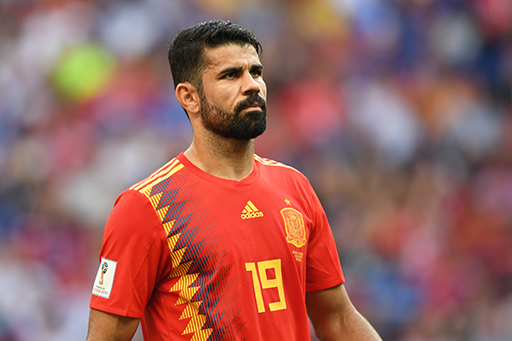1 Citizenship, nationhood and nationality: what’s the difference?
According to Oonk (2020) the terms ‘citizenship’, ‘nationhood’, and ‘nationality’ contain different, though overlapping, senses of belonging and identity. The World Cup tournament’s history provides a rich history of examples. However, before focusing on the three terms take a moment to understand what each refers to.
Activity 1 Defining citizenship, nationhood and nationality
Using the drag and drop function below, match the definition you think Oonk (2020) uses with the key term.
Using the following two lists, match each numbered item with the correct letter.
-
The formal membership of a state
-
Membership of a community or nation
-
A combination of both other terms
Match each of the previous list items with an item from the following list:
a.Nationhood
b.Citizenship
c.Nationality
- 1 = b,
- 2 = a,
- 3 = c
Discussion
These definitions highlight the complexities of national identity. It is common in World Cups for players to represent a country in which they were not born, therefore blurring the lines between multifaceted concepts.
An example which exemplifies the challenges of these terms is that of Diego Costa. The Brazilian born striker was capped twice for his birth nation before requesting to switch allegiance to Spain, where he had recently been granted citizenship. As Costa had only represented Brazil in friendly matches, FIFA approved the request. This decision was not without controversy in the lead up to the 2014 men’s World Cup, held in Brazil. The host nation’s head coach at the time, Luiz Felipe Scolari, criticised Costa, suggesting that he had turned his back on the dream of millions to represent the national team (Hay, 2014).

